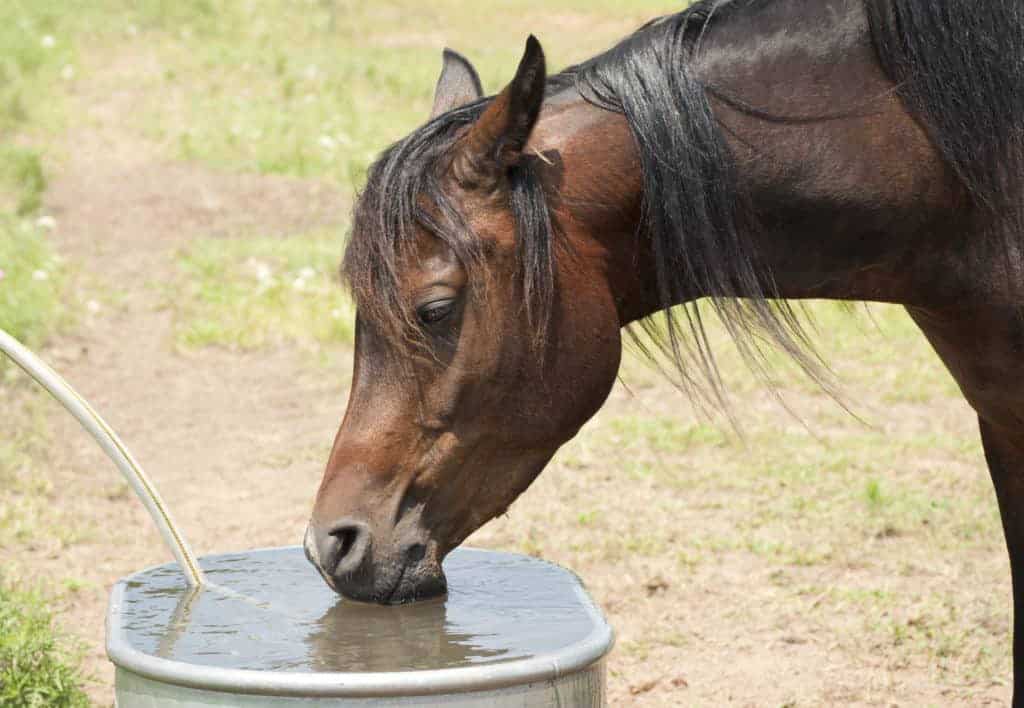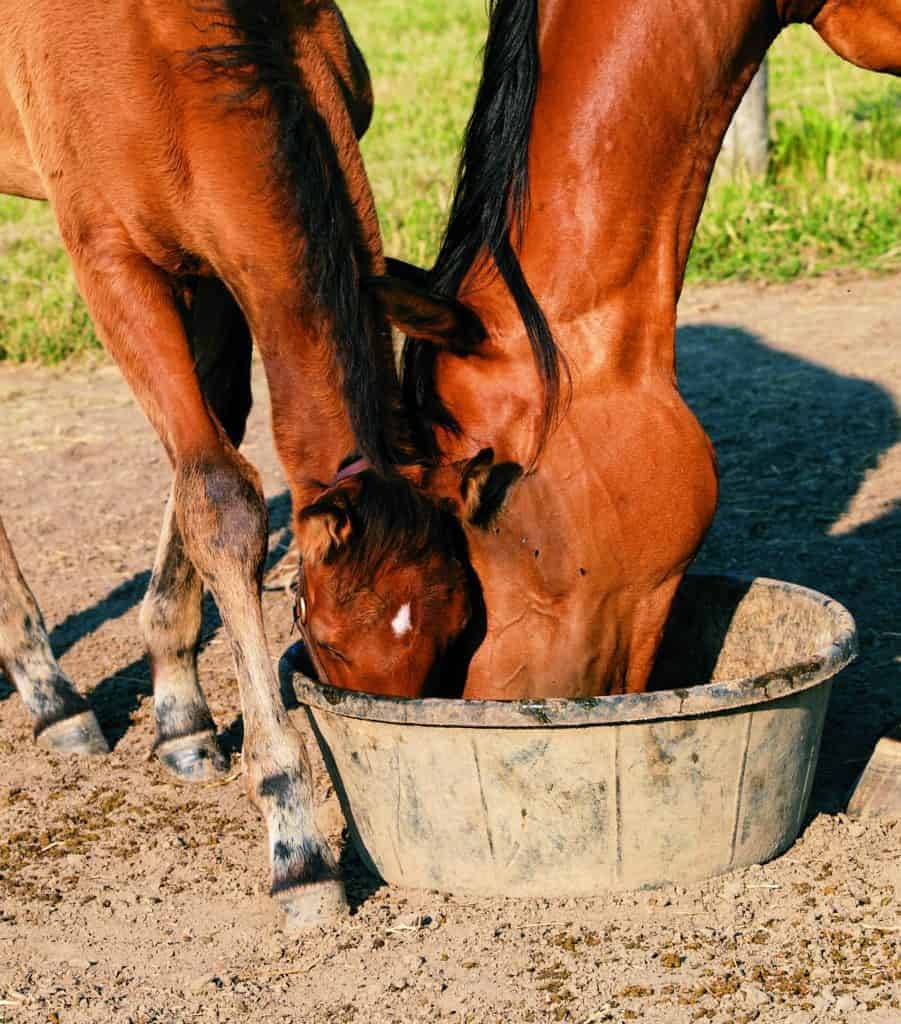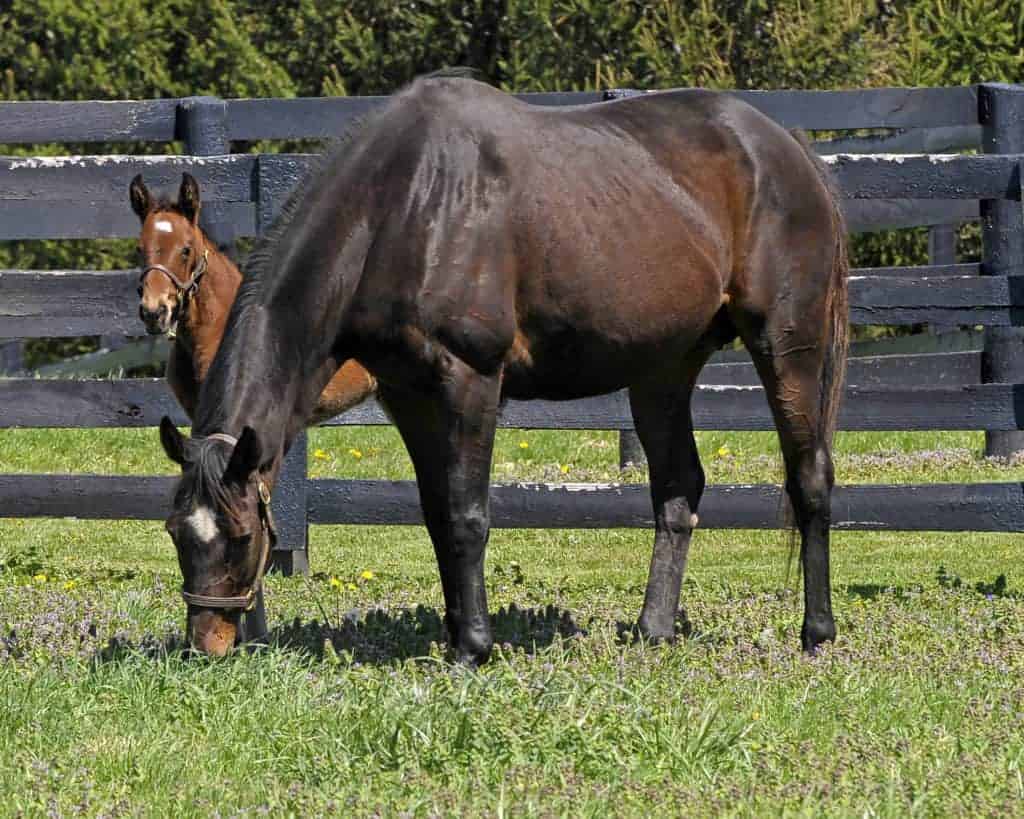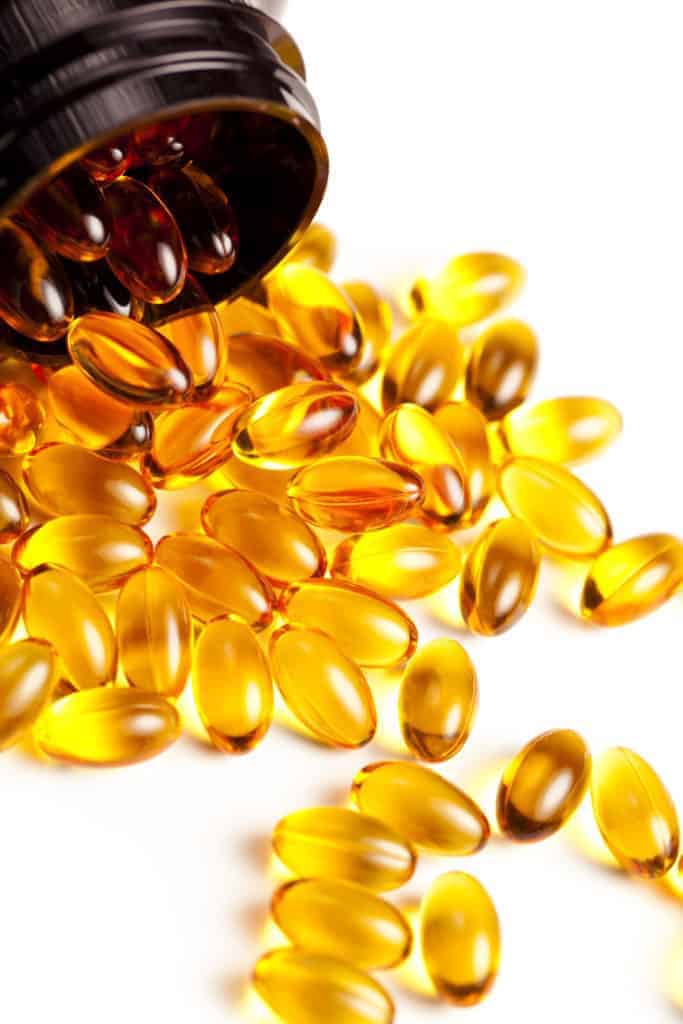
Zinc’s Role in Young Horses’ Immunity
Low serum zinc levels were associated with an impaired immune function in yearlings and 2-year-olds.

Low serum zinc levels were associated with an impaired immune function in yearlings and 2-year-olds.

One researcher reviews vitamin E supplementation in horses with neurologic disorders.

Learn how to quench your horse’s thirst to avoid potentially dangerous scenarios, such as severe dehydration.

Current feeding recommendations might be overestimating fecal inevitable phosphorus losses in growing horses.

Brummer?s research focused on selenium and how selenium status affects horses’ antioxidant status.

Researchers recently evaluated selenium status’ impact on antioxidant factors in mature horses.

Researchers speculate that elevated iron (ferritin) levels are a significant risk factor for IR onset.

Fats increase energy density of diets and are necessary to metabolize fat-soluble vitamins.

A recent study shows that antioxidant levels appear to be challenged during the competition.

Understanding broodmares’ nutrient requirements can make developing a feeding program a less daunting task.

Foals of mares consuming organic selenium had higher blood selenium concentrations than other foals.

Appropriate forage, forage alternatives, and/or concentrates can keep aged horses at a healthy body condition.

Selenium and vitamin E work together to alleviate muscle damage and signs of tying up in horses.

If a horse eats an adequate diet there might be no need for supplementation without a specific deficiency.
Topics of discussion will include vitamin and mineral supplementation, managing hay, and ration balancing.

Which equine nutritional supplements have the research to back up their claims?
Stay on top of the most recent Horse Health news with
"*" indicates required fields